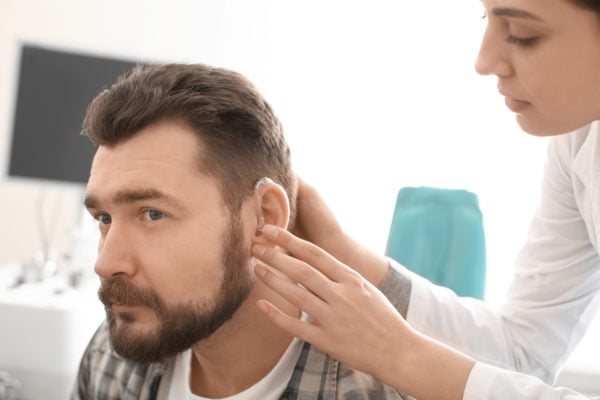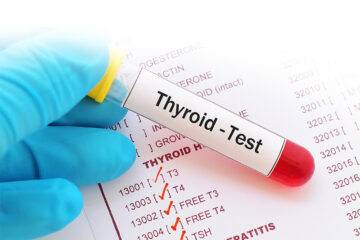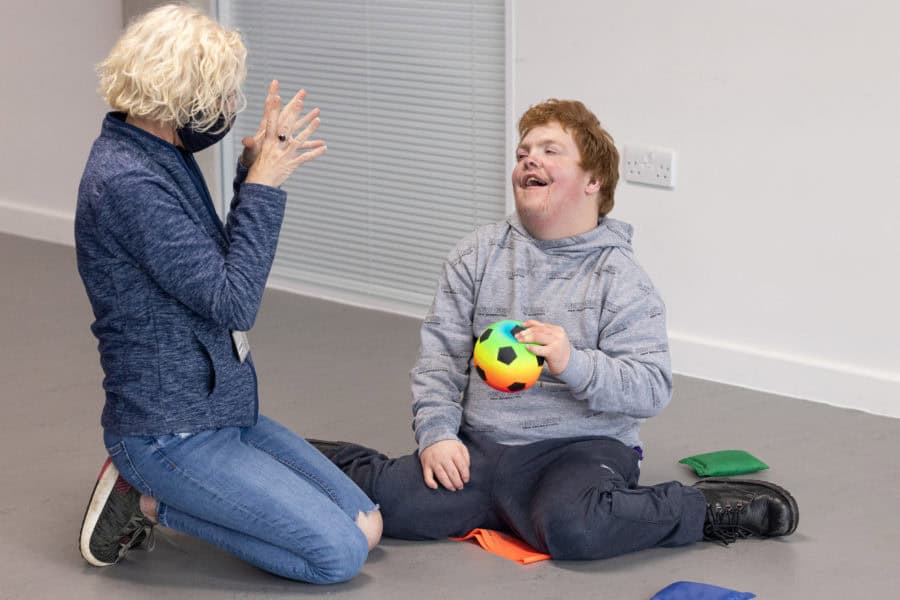
Hearing is one of our most precious senses, yet it often goes unnoticed until it starts to fade. Protecting your hearing doesn’t require drastic changes, simple, everyday habits can make a world of difference. By taking small steps now, you can ensure your ears remain healthy and functional into old age.
Here are five practical habits to help safeguard your hearing for a lifetime.
1. Manage Noise Exposure
Noise-induced hearing loss is one of the most common types of hearing damage, but it’s also preventable. Prolonged exposure to loud sounds, whether at a concert or through daily commuting, can harm the delicate hair cells in your inner ear. These cells don’t regenerate, so protecting them is key.
To protect your ears:
- Reduce the volume on your devices, keeping it below 60% of their maximum capacity.
- Use noise-canceling headphones to block out background sounds so you don’t have to turn up the volume.
- Limit your exposure to loud environments by taking breaks or stepping away when things get too noisy.
Quieting your surroundings whenever possible can significantly reduce your risk of hearing loss.
2. Wear Ear Protection
Regularly exposing your ears to loud sounds without protection can accelerate hearing loss. Whether you’re mowing the lawn, at a live event, or working in a noisy environment, ear protection is essential.
You can invest in:
- Foam Earplugs: Convenient and effective for blocking out loud noises.
- Earmuffs or Noise-Canceling Headphones: Ideal for industrial work settings or activities with constant noise.
- Custom Earplugs: Perfect for musicians or frequent concert-goers, these offer tailored protection while still allowing you to hear clearly.
Making ear protection a habit in noisy situations can greatly improve your long-term hearing outcomes.
3. Maintain Overall Ear Hygiene
Keeping your ears clean and healthy is fundamental to preserving hearing. Excess earwax buildup can lead to blockages that interfere with sound transmission, while improper cleaning methods can damage the ear canal or eardrum.
Here’s how to take care of your ears:
- Clean the outer ear gently with a damp cloth; avoid inserting cotton swabs into your ear canal.
- Use over-the-counter ear drops to soften excessive earwax if needed.
- Visit a healthcare professional for cleaning if you experience discomfort or hearing changes.
Healthy ears function better when they’re free from blockages and irritation, so prioritize proper hygiene.
4. Get Regular Hearing Checkups

Many people wait until they’ve already experienced considerable hearing loss before seeing a professional. By then, much of the damage may be irreversible. Scheduling regular hearing checkups can help detect early signs of hearing decline and address issues before they worsen.
Hearing tests are quick, painless, and can:
- Identify minor changes in your hearing.
- Detect potential risks, such as infection or underlying conditions.
- Guide you toward proper treatments or preventive measures.
Make hearing assessments part of your routine annual health checkups, especially if you’re frequently exposed to noise or noticing subtle changes in your hearing.
5. Protect Your Ears from Everyday Risks
Beyond loud noises, there are several other less obvious threats to your hearing. Habits like smoking, poor diet, and lack of exercise can contribute to hearing decline over time by reducing blood flow to the ear’s delicate structures.
Here are a few ways to reduce those risks:
- Quit smoking to improve overall circulation, including to your ears.
- Follow a balanced diet rich in antioxidants, vitamins, and minerals that support ear health, such as leafy greens, nuts, and fish.
- Stay active, as regular exercise enhances blood circulation, delivering essential nutrients to your inner ear.
Adopting a lifestyle that prioritizes your overall health will naturally benefit your hearing too.
Conclusion
Your hearing is invaluable, and safeguarding it requires consistency and mindfulness. By managing noise exposure, wearing ear protection, practicing proper ear hygiene, attending regular hearing checkups, and making healthy lifestyle choices, you can protect your hearing for decades to come.
Remember, prevention is always better than cure, so start incorporating these habits today for a lifetime of good hearing health. Your ears will thank you!
Thyroid Function Tests: What They Reveal About Your Body
January 30, 2026Essential Things to Know Before Hiring In-Home Care Services
January 23, 2026
Leave a reply Cancel reply
-
Genetic Predispositions And Cerebral Palsy
July 4, 2025 -
How do Noises Affect Your Mind’s Well-Being?
May 1, 2025 -
How Mitochondria Fuel Your Body and Mind?
April 22, 2025






